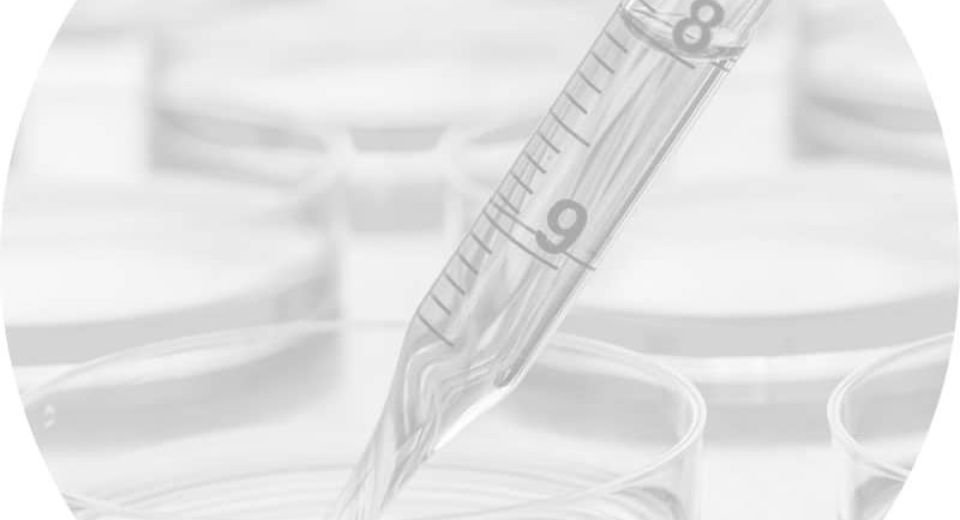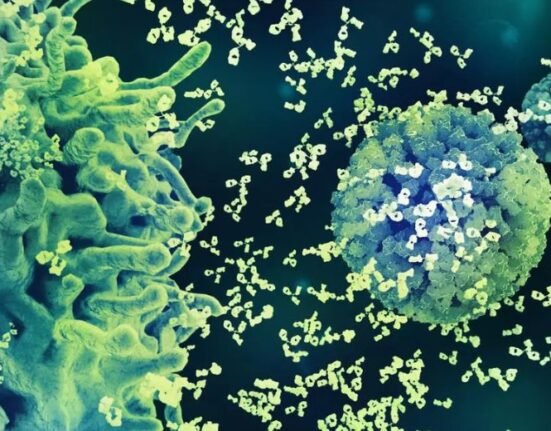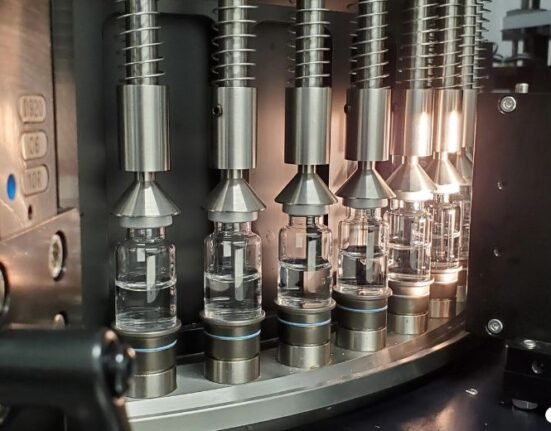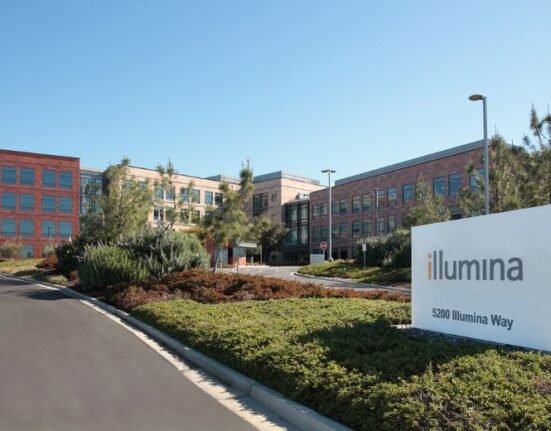HQ Team
October 24, 2024: Modifi Biosciences, Inc., a Yale University spinout company formed in 2021, has been acquired by Merck & Co. for about $1.3 billion to gain access to therapies that aim to kill cancer cells by modifying cancer DNA selectively.
Merck, through a subsidiary, will pay Modifi $30 million upfront, and shareholders of the New Haven, Connecticut-based Modifi, will receive potential milestone payments totalling up to $1.3 billion, according to a statement from Modifi Biosciences.
“In founding Modifi Biosciences, we sought to radically change the oncology treatment paradigm for cancer patients with glioblastoma and other tumours,” said Ranjit S. Bindra, MD, PhD, Modifi Biosciences Co-founder.
The preclinical stage company, privately-held, has developed a class of small molecules that target cancer cells lacking expression of a key DNA repair protein called O6-methylguanine methyl transferase.
Glioma
Modifi’s technology bypasses conventional approaches that indirectly target proteins in cancer cells and demonstrates robust anti-tumour activity in glioma, one of the deadliest forms of brain cancer while sparing normal tissue.
Approximately half of all glioblastomas and up to 80% of gliomas lack MGMT. Emerging research indicates that MGMT deficiency is seen in many other tumour types, suggesting broad applicability for this strategy in treating cancer.
“We are honoured to have Merck recognise the potential of our science, and as an oncology company, they are perfectly positioned to advance our innovations through clinical trials and commercialisation,” Bindra said.
DNA repair defects
Dr David Weinstock, vice president of discovery, and oncology at Merck Research Laboratories said: “DNA repair defects are a frequent hallmark of tumour cells and a major cause of resistance to cancer therapy.”
Seth Herzon, PhD, Modifi Biosciences co-founder said: “We designed our small molecules to have the ability to uniquely overcome clinical resistance mechanisms that have been known for decades but until now have been non-actionable.
“Additionally, we created the molecules in a manner which allows them to be rapidly progressed from bench to bedside.”
Modifi, in October last year, announced the closing of $4.3 million in a second round of seed financing, bringing the total raised until then to $10.7 million.
That round included existing investors Connecticut Innovation, HighCape Capital, Advantage Capital (Ironwood) and the National Brain Tumor Society.
It added new investors Pathway BioVentures, The Sontag Foundation, and BrightEdge, the impact investment and innovation arm of the American Cancer Society.








